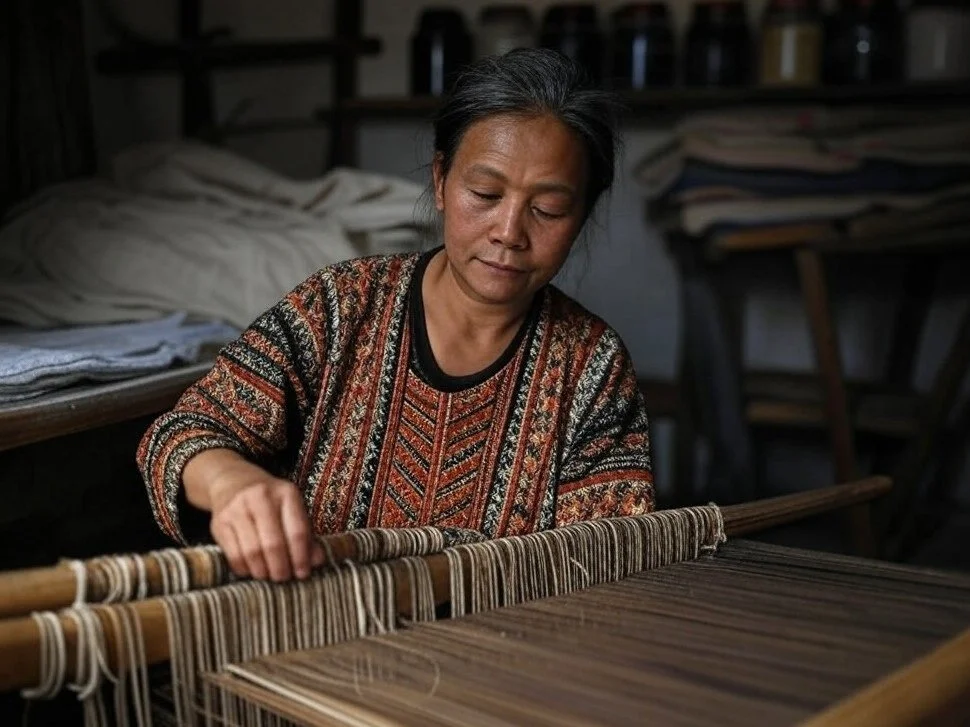Textiles played a crucial role in ancient societies, influencing economies, religious practices, and social hierarchies. From the intricate Andean weavings to the symbolic Roman togas, fabrics were not just utilitarian but also powerful cultural artifacts that signified status, identity, and spirituality.
Textiles in Ancient Economies
The production and trade of textiles were central to many ancient economies. In Mesopotamia and Egypt, textile workshops were often controlled by temples or the state, providing employment and contributing to wealth accumulation. In the Andean region, textiles were considered more valuable than gold, with elaborate woven fabrics used as currency and tribute payments.
Religious and Ritual Significance
Many cultures incorporated textiles into religious ceremonies and offerings. The Egyptians wrapped their mummies in linen, symbolizing purity and protection in the afterlife. In the Andes, sacred textiles known as quipus were used for record-keeping and ceremonial purposes, emphasizing their spiritual importance.
Textiles and Social Hierarchies
Clothing and textiles were markers of social class and power. In Rome, the toga, especially the purple-bordered toga praetexta, was reserved for the elite, signifying political or religious authority. Similarly, in ancient China, silk garments were strictly regulated, with only the nobility permitted to wear certain colors and designs.
Cultural Legacy
The craftsmanship and traditions surrounding textiles have endured, influencing modern fashion, design, and cultural identity. From Peruvian textile motifs still woven today to the continued use of ceremonial robes in religious practices, the legacy of ancient textiles remains woven into contemporary society.
Conclusion Textiles were far more than just fabrics in ancient civilizations—they were integral to economic systems, religious rituals, and social structures. By studying these ancient textiles, we gain deeper insight into the values, beliefs, and innovations of past cultures, highlighting their enduring impact on the world today.







